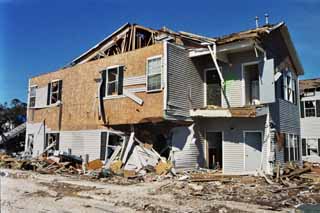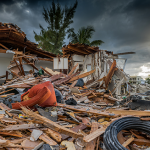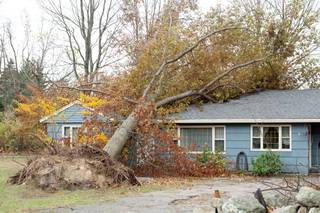In a verdict rendered January 11th of this year, a federal judge in Mississippi determined that an insurance company with policyholders in the area affected by hurricane Katrina, failed to support their claim that damage to a policy holder's home was caused primarily by water or even a specific combination of wind and water. After the verdict was handed down, the judge then assigned the issue of punitive damages to a jury, which awarded the homeowner $2.5 million dollar s. This case will more than likely be appealed by the insurance carrier, but is instructive for all attorneys and law firms involved in insurance coverage disputes for two reasons.
First, if an insurance company decides to deny a claim based upon damage to a policyholder's property, that decision must be based upon a thorough investigation of the facts surrounding the claim. That investigation would provide an opportunity for CED experts to conduct an impartial inquiry and to render an analysis based upon an expert's review of all the facts. In-house insurance company engineers are useful for a preliminary review in such cases, but an independent forensic engineering company like CED would be a better choice where any doubt exists about the amount or nature of the insurance company's exposure. In such cases, insurance companies would not be burdened with overcoming a jury's tendency to find bias.
The second reason why this case is instructive is that insurance companies do not always realize that their exposure can far exceed the policy amounts where punitive damages are requested. In the Biloxi case the homeowners' policy represented $223,292 in exposure to the insurance carrier, but the punitive damages exceeded that amount by over ten times. When the homeowner's claim was filed initially it was denied altogether. Subsequently the carrier defended its decision based upon an assertion that the damages to the homeowner's property were caused by a combination of wind and water damage not covered by the homeowner's policy. The judge disagreed, and noted that where an insurance company denies a claim based upon an assertion that wind and water caused damage, the burden shifts to the insurance company to prove how much of the damage was caused by water and how much by wind, and to pay the claim accordingly. Here again the expert/engineers at CED are well versed in the investigative techniques required to apportion damages between wind and water. A thorough and impartial investigation and analysis by on of our senior civil engineer, could very well have saved the carrier millions.
Submit a case or claim online.
Contact a CED Engineer in you region.






